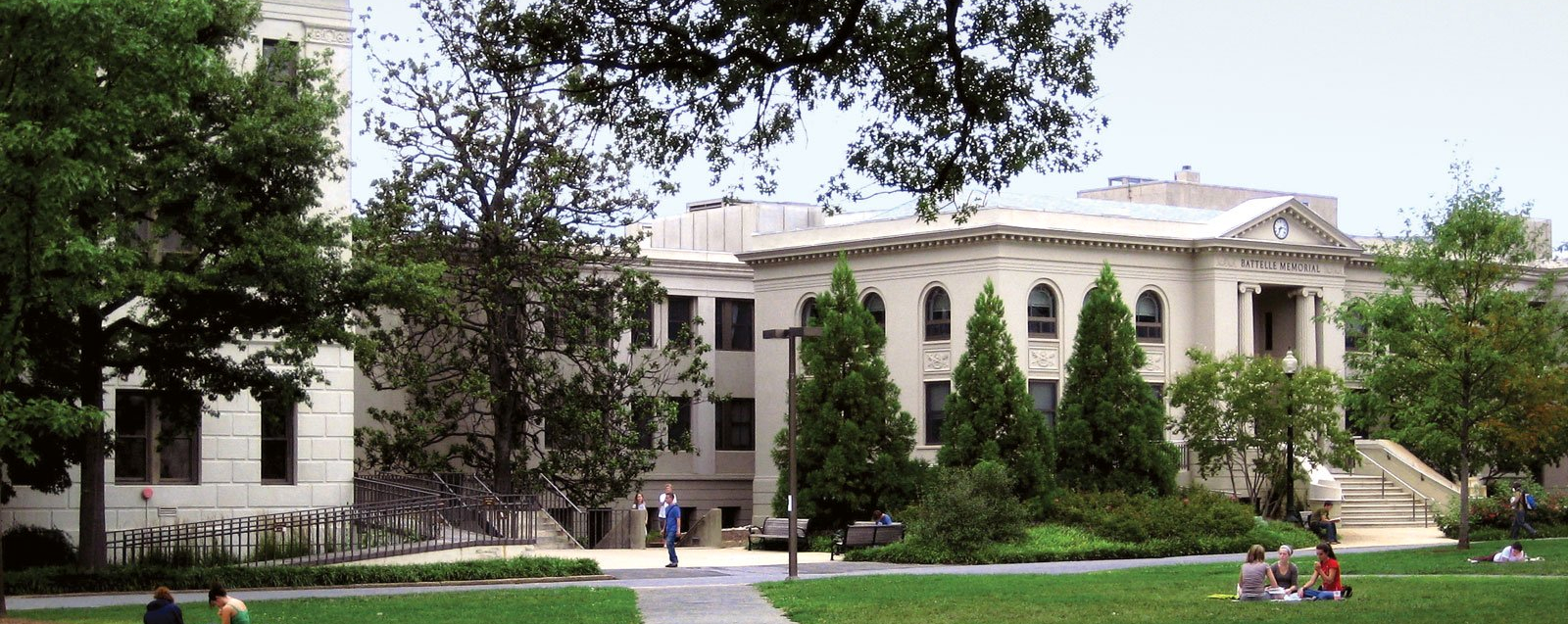By an IvyWise Academic Advisor
As an academic advisor, it is not uncommon for my advisees to find a subject they are passionate about but express concerns that it is a poor choice to declare as their major. After all, with STEM majors increasing in numbers and taking center stage these days, and their marketability and professional trajectory obvious, students interested in the social sciences and humanities can feel like they have chosen a major with an ambiguous career or graduate school path. Plus, with college tuition on the rise as families grapple with the financial hits from the pandemic and inflation, the pressure is on for students to make the “right” choice in majors that will provide a return on their investment and a good livelihood.
Humanities Majors Build Valuable Work Skills
Despite social sciences and humanities majors dropping in numbers over the last decade, I find that with these majors, students graduate with an arsenal of transferable and soft skills that can be widely applied to a variety of careers. Whether you graduate and go on to be a user experience researcher using communication skills to talk to a client, a product manager using emotional intelligence with your team, or an attorney using public speaking skills in the courtroom — no matter what path your career takes you, you will utilize soft skills that employers want.
According to the National Association of Colleges and Employers’ Job Outlook 2021 survey, there are several soft skills that employers look for in new grads. In fact, 81% of respondents said they value candidates with the ability to work on a team, while verbal and written communication skills were highly valued by 73.2% and 72.7% of employers, respectively. These are all soft skills that social science and humanities students hone in their coursework, more so than their STEM peers whose curriculum focuses on hard skills.
Jobs for Humanities and Social Science Majors
Social science and humanities students are never stuck with a lack of options; they just need to be able to identify their strengths and soft skills and learn how to market them. Let’s take a quick look at some common majors and the valuable transferable skills that students can garner from their coursework.
English and History Major Careers
Aspiring English and history majors often think that they are relegated to a career in education. However, these majors graduate with above-average reading comprehension, critical thinking, and composition and writing skills. I also find that the students in these majors are incredibly hard-working and resilient, given the exorbitant amount of reading and writing these students have to churn out for homework. These majors create excellent communicators with strong work ethics. While the career options are endless, these students would be well-suited for roles like attorney, copywriter for an advertising agency, social media manager, librarian, journalist, technical writer, and of course, teacher.
International Affairs Careers
In the international affairs, East Asian studies, and Latin American studies majors, most students are required to complete at least one study abroad experience and take several foreign language courses. As a result, these students graduate with valuable foreign language skills, cross-cultural communication skills, and the ability to work well with different cultures and people. These students are agile thinkers and are great at bringing people together. Some careers that these majors could consider are product managers in tech, lobbyists, diplomats, interpreters, diversity and inclusion consultants, non-profit managers, or even work in various roles within international business and more.
Psychology Careers
Next, let’s look at a very popular major: psychology. And while we’re at it, let’s also lump in sociology and anthropology. These majors teach students research skills and help them hone their qualitative and quantitative data analysis skills and critical thinking skills. At the core of these curriculums, students learn their place in the world and grow into socially conscious and thoughtful citizens who care about others and our world. These students could graduate and become social workers, user experience researchers, sales representatives, case managers, human resources representatives, attorneys, therapists, and so much more.
Education Careers
Finally, education majors tend to have high emotional intelligence, strong public speaking and time management skills, and patience — especially after they have completed their student teaching practicums and internships! Through their coursework, these students graduate with an above-average understanding and respect for others of different backgrounds and abilities. Often their coursework will involve a significant amount of group work, which means graduates can collaborate and work well with others in various settings. Of course, many education majors end up working in education as Teachers. However, these students could also consider roles like guidance counselor, academic advisor, college admissions representative, curriculum designer, corporate trainer, child psychologist, or even go on to work in various roles in the ed tech space.
No matter the major, sometimes it can be challenging to identify these transferable skills and connect them with a postgraduate plan that you can get excited about. However, with the right academic and career advisors in your corner, students in the social sciences and humanities should have no problem finding pathways to achieving their postgraduate goals, whether that is finding their dream job or enrolling in graduate school.
There’s no way around it — families are concerned with ROI on a college education, especially when it comes to liberal arts and humanities majors. Whether you’re studying English literature with an eye toward publishing or biology for a pre-med track, our academic advisors can help you make the most of your academic experience on campus. This includes guidance on course selection to help you graduate on time and advice on career paths that can help you get the best ROI on your degree — no matter what your major. For more information on our academic advising services, contact us today.




